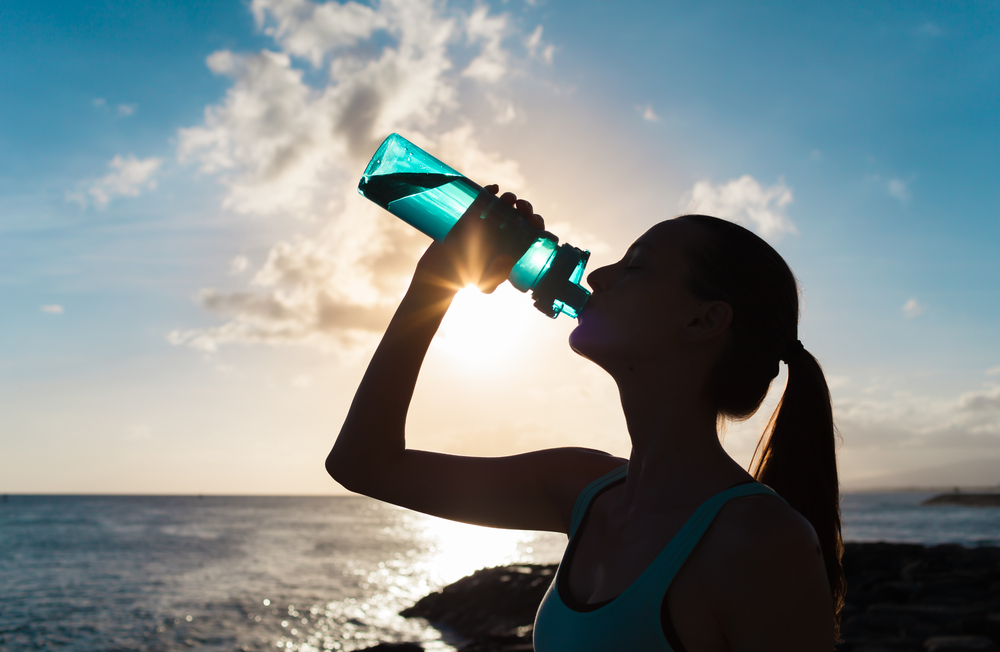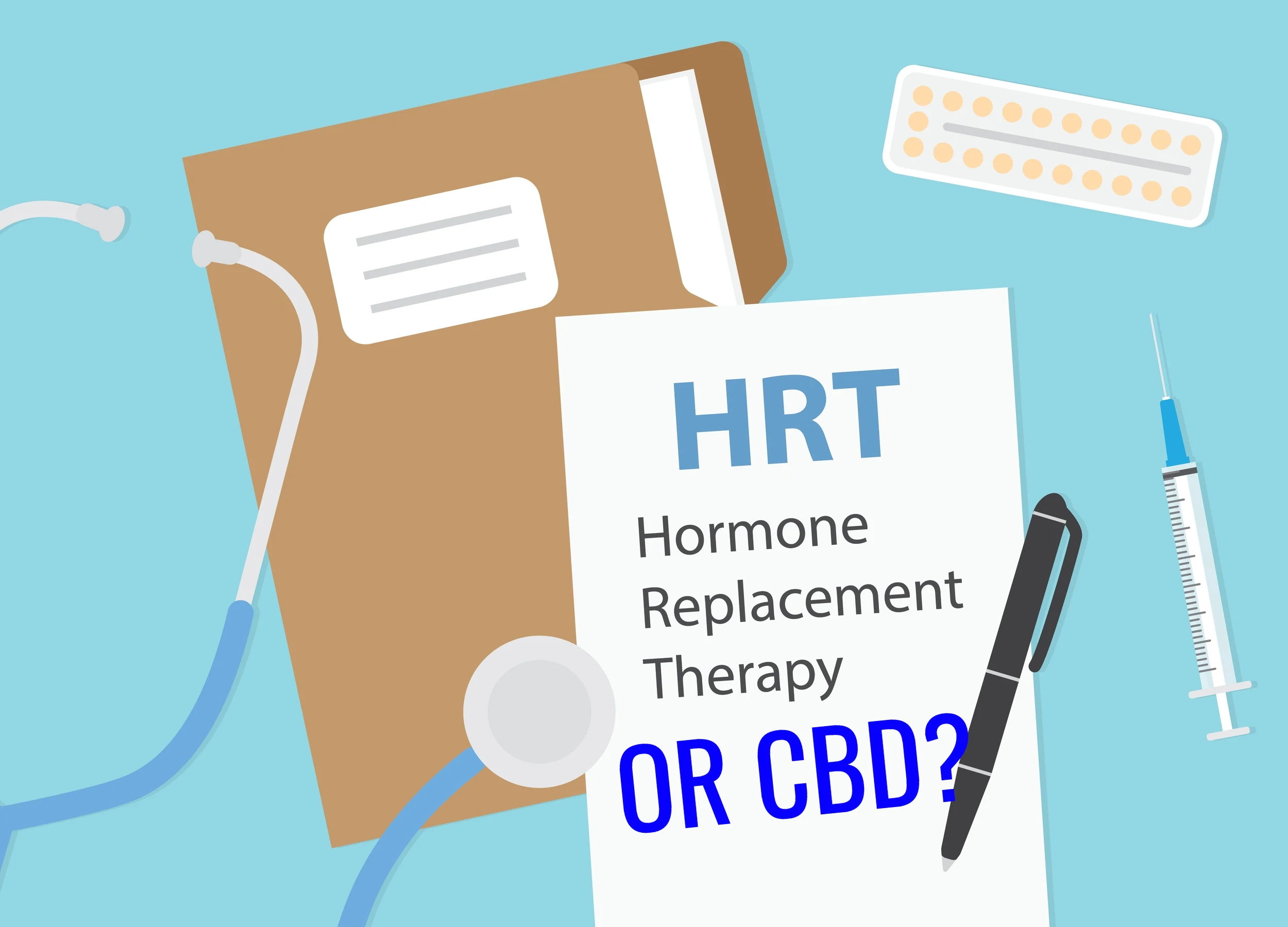A few years ago in my late 40s, I started waking up with terrible pains in my hips & knees with a feeling of every bone and joint in my body being inflamed and stiff. The pain and stiffness would come and go leading to good days and bad days! Crawling out of bed all stiff and in pain every morning became the norm and it made me feel much older than what I was! After a year the pain got so bad that it stopped me from sleeping which led to a cascade of other problems. I felt tired and exhausted all the time!
Because of my background as a professional dancer in my teens and 20s I assumed this pain was due to my many years of intense exercise. Being a professional dancer is like being a professional athlete, training 8-9 hours/day pushing your body to the limit. I assumed this was normal for me, little did I realise that a huge part of my joint pain was actually due to the menopause. Once I started treating the inflammation with supplements and life-style changes it improved! I wasn’t aware of the fact that joint pain was a symptom of the menopause!
Why do my joints hurt?
During the menopause our estrogen levels drop which cause havoc with our bodies in different ways. The exact reason for menopause joint pain is unclear. What we do know is that estrogen levels affect collagen which affects an amino acid in charge of building joint cartilage. Menopause joint pain however is a symptom which not every woman gets during menopause which makes lifestyle choices a very possible way to improve or completely eradicate it like I did!
Here are my top tips that helped me
1. Drink More Water
It seems so many articles tell us to drink water, like a simple change can make a difference! But the truth is, it can! It’s difficult with busy lifestyles in between work, dropping the kids off to school and going to the gym to always remember to drink plenty of water. The truth is if you’re dehydrated, uric acid builds up in the system and leads to inflammation.
2. Calcium
Calcium, magnesium & vitamin D are important for keeping bones healthy. You should be able to get enough from your diet, but if you restrict certain items you might want to have a think about re-introducing them or supplementing if you can’t. Foods high in calcium & magnesium include dairy products, green leafy vegetables & nuts. Foods high in vitamin D include oily fish, red meat, egg yolk etc.
Fun fact: if you place mushrooms outside in the sun (yes, a sun bathing mushroom!), it increases it’s vitamin d amount substantially. A university study found that exposing white button mushrooms to UV-light for just 1 second increased vitamin D amounts from the essential amount required to 824% of your daily value.
3. Take anti-inflammatory Herbal Supplements
I started taking CBD for my menopause symptoms and soon realised it also helped my inflammation to the extent I could finally forget the pain and get a good night sleep! To find out more about CBD oil for menopause visit our dedicated article here.
4. Vitamin B6
When it comes to B vitamins it’s difficult to get the amount we need from our daily food intake, especially as we get older. Studies show a strong link between people with joint pain and a vitamin b6 deficiency, in fact supplementing with vitamin B6 suppressed pro-inflammatory cytokines. Cytokines increase inflammatory reactions and increase pain.
5. HRT
HRT wasn’t an option for me due to added side-effects from HRT but some women chose HRT to deal with their symptoms which can help alleviate pain and inflammation associated with a decrease in estrogen. If you’re unsure about your course of treatment and HRT then consult your doctor.
Joint pain, unlike other menopause symptoms does not necessarily diminish once hormones level out, so it’s important to make good lifestyle choices and stick to them as soon as possible with exercise, water, the right diet (e.g. calcium) & supplements (CBD oil & B6). Remember to take it easy and always be kind to yourself, if you need a you-day to relax and recover and treat yourself then do it 🙂
Adele, Your Feminapause Team xx
Disclaimer:
The recommendations reflect the opinions of the author only and should not be taken as medical advice. If you are on any medications and have any pre-existing medical conditions please contact your doctor for advice. Never ignore professional medical advice in seeking treatment




